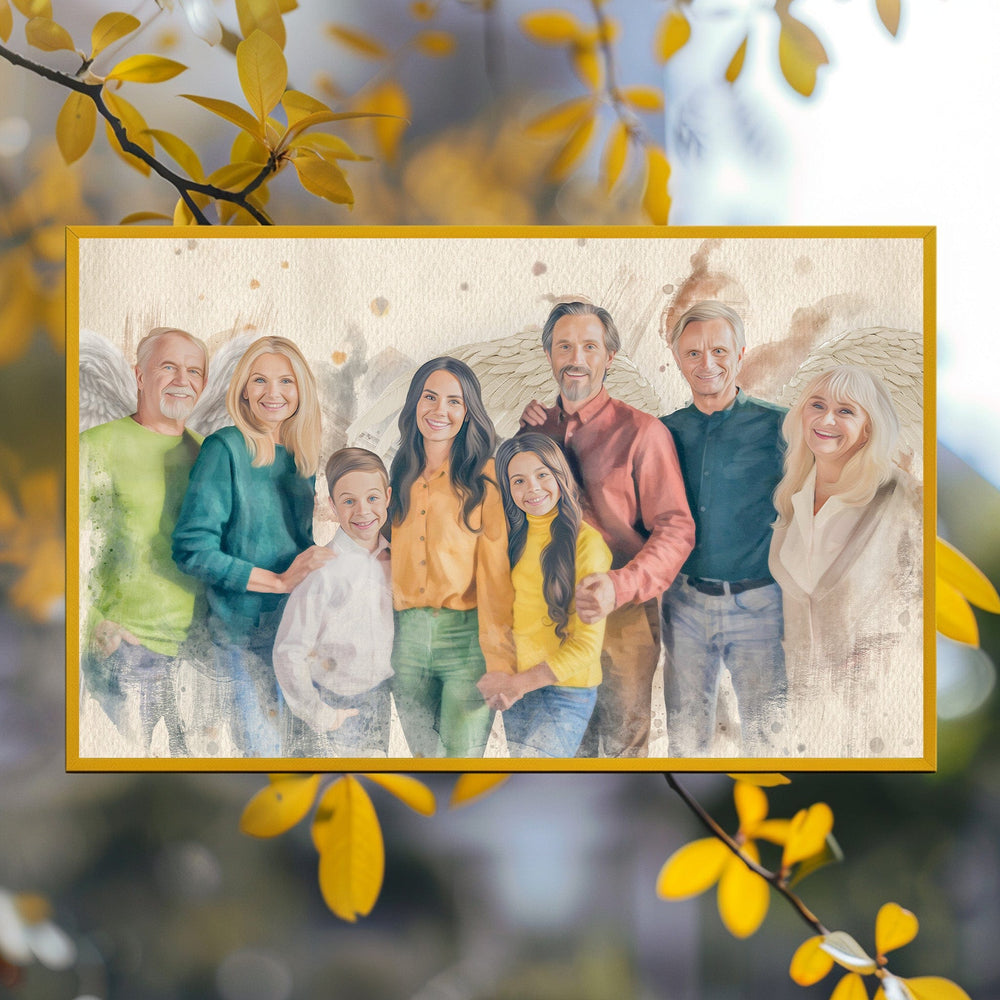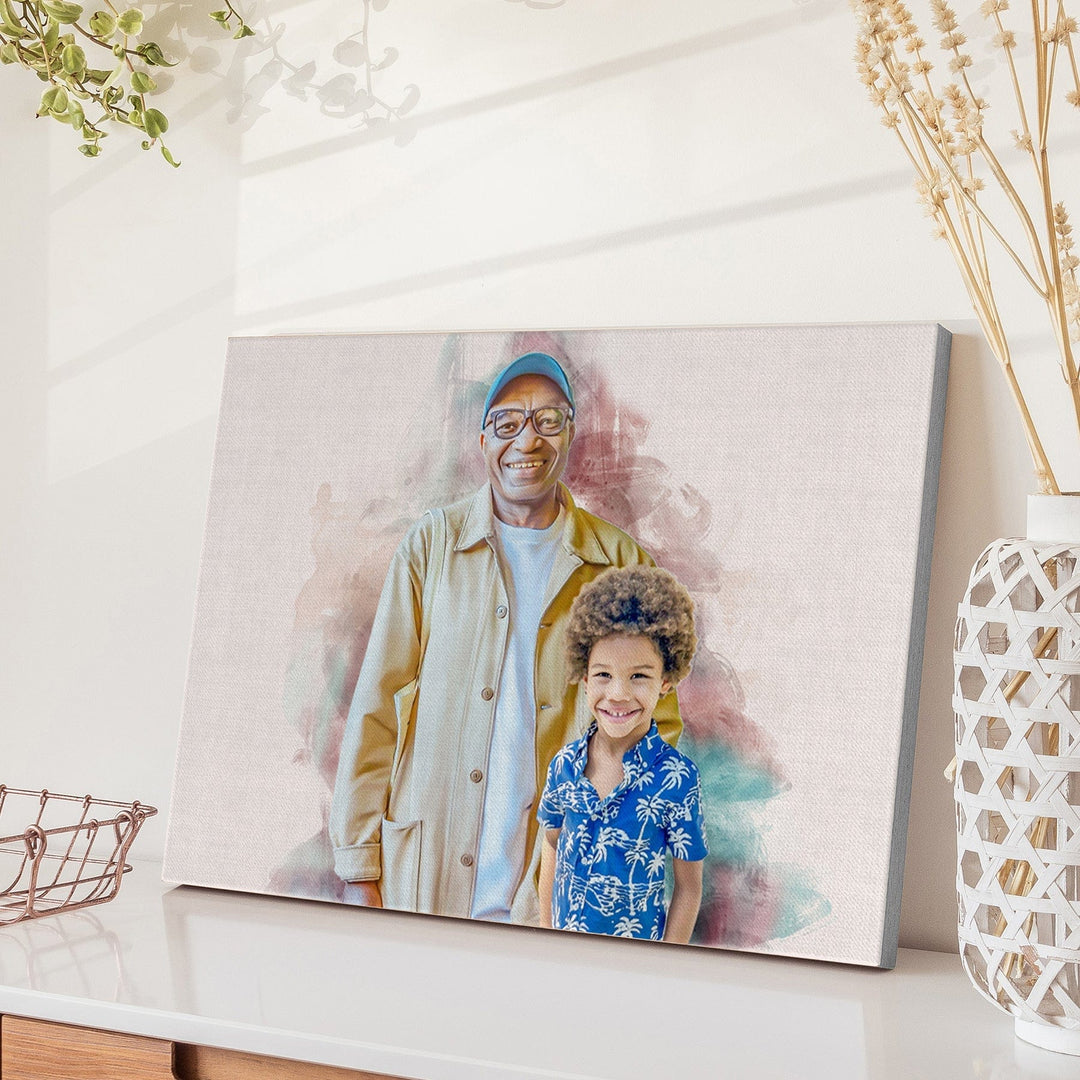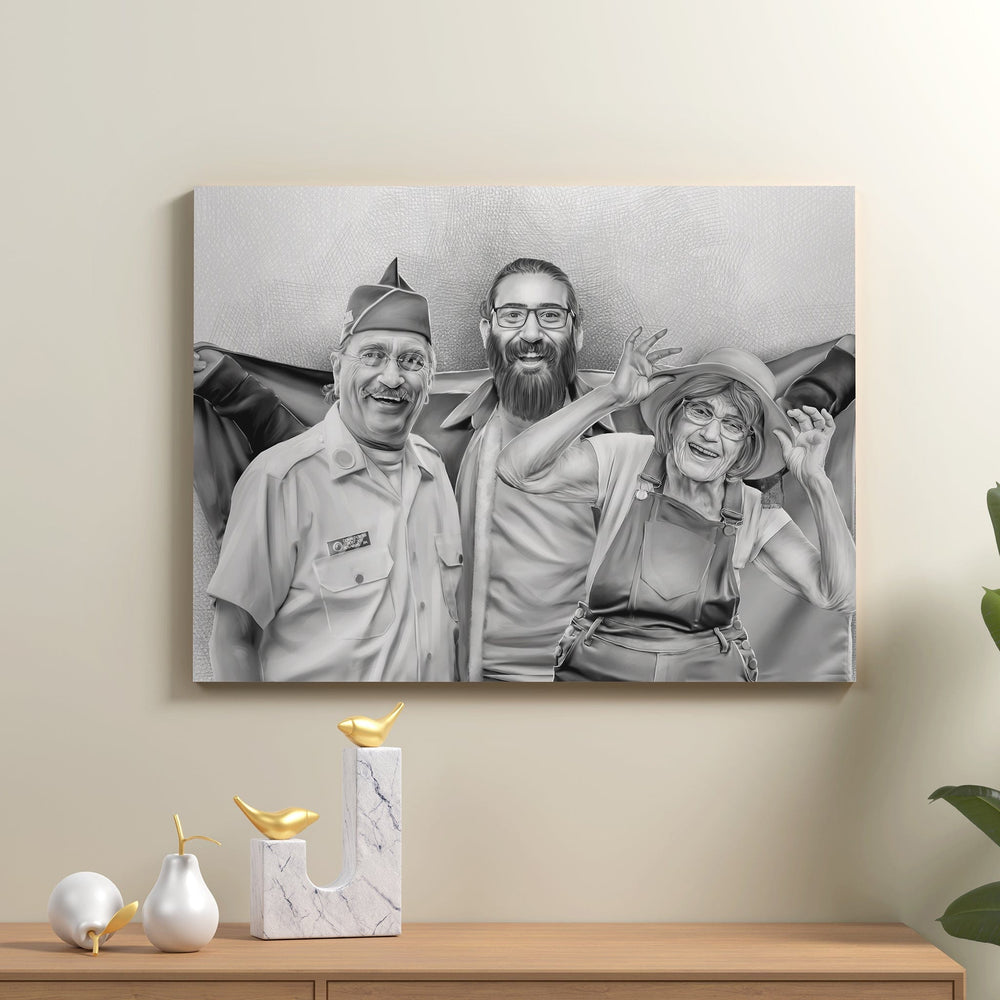Tips and Techniques on How to be a Good Painter


Photo by Aleksandr Slobodianyk from Pexels
Painting is a creative and satisfying pursuit that allows you to express yourself via visual art. Through this, you will be able to connect with other individuals who share the same enthusiasm as you. Hence, whether you're a novice or an experienced artist, it’s always a good idea to acquire new tips and methods in order to better your craft. As such, if you’re wondering what you should do to develop your painting pastime, then you’ve come to the ideal site. In this essay, we will discuss several fundamental ideas and strategies on how to be a good painter. At the conclusion of this article, you will have a better knowledge of what it takes to make beautiful and compelling paintings.
Brief explanation of the importance of developing painting skills

Get Your Own Custom Faceless Portrait Here
Every prospective painter should start with the basics if they ever hope to advance their abilities and create more sophisticated and interesting works of art. A good grasp of the principles is essential for making great paintings, just as a firm foundation is essential for building a durable house.
Learning to draw is a necessary first step in becoming a skilled painter because it paves the way to developing an eye for composition, an awareness of perspective, and the ability to render objects and people with realism. Paintings that are both realistic and well-proportioned require a solid grounding in drawing. Furthermore, painting should learn and understand color theory as paintings can have a more consistent and pleasing color scheme when painters are familiar with it.
In order to master the fundamentals of painting, it's best to experiment with many guides until you discover the one that best suits your needs. Attending a workshop or art class, for instance, can provide you access to a knowledgeable teacher who can give you constructive criticism and comments on your work. It's a good idea to check out some of the many resources for studying the fundamentals of painting that can be found on the internet. Courses for newcomers to the art form may be found on platforms like Skillshare, Udemy, and Coursera. A trip to a museum or gallery may also be a great source of creative motivation and new ideas. Most essential, work on your own abilities. Make it a daily habit to paint, explore new approaches, and gain experience via trial and error.
A painter's supplies will change based on their experience, medium of choice, and financial situation. Canvas papers, acrylic or watercolor paints, synthetic brushes, and a palette are good places to start for novices because they are inexpensive and simple to use.
If you're at the intermediate stage, you should start buying higher-quality supplies so you may increase the bar on the quality of your paintings and the sophistication of your methods. That being said, it's important to have quality tools like a palette knife, natural brushes, oil paints, and a stretched canvas. With these, you may experiment with more styles of painting, increasing the likelihood that you'll find one that you love.
Once you’ve reached the advanced level, it’s time to start using the greatest equipment money can buy. You should get yourself some excellent oil paints, canvas, brushes, a palette, and an easel to start creating works of art.
Tips and Techniques for Becoming a Skilled Painter
Start with the Basics
If you want to improve your painting abilities and techniques, it's important to get back to the fundamentals. Gaining expertise in anything requires first laying a solid groundwork.
Hence, you should become serious about learning the fundamentals of color theory, brushwork, and composition. More complex painting abilities can be constructed on the foundation of these approaches. The next step is to begin experimenting with color mixing and honing your brush skills. Paintings will improve as a result of your consistent use of this technique. Your skills and shortcomings will become apparent as you put in time practicing the skill. This will allow you to hone in on problem areas and cultivate your own unique approach.
Experiment with Different Materials
Don't be afraid to experiment with new colors, tools, and canvas sizes. You may learn what works best for you and your own aesthetic by trying out a variety of materials. Keep in mind that what inspires other creatives to success may not do the same for you. Not to mention, your goals and their artistic preferences might not always align. If you experiment with several tools, you'll find the one that best suits your artistic needs.
Learn from Mistakes
Keep in mind that even the most accomplished artists made errors over their lifetimes. Don't give up if your first painting isn't a masterpiece. Make the most of this chance to reflect on your performance and make corrections for the future. Allowing oneself to make errors is also a great way to figure out what you can do better. For instance, if you are unhappy with the color scheme you have chosen for your artwork, take this as a sign to review your knowledge of color theory. The journey to becoming a skilled painter begins with a commitment to constant self-improvement in terms of both technique and aesthetic.
Get Feedback
Don't be afraid to ask for critique from fellow creatives, teachers, or close friends. They might provide an alternative viewpoint on your work and point out where you could do better. Keep in mind that there will be times when you will overlook your shortcomings. For this reason, it is essential to constantly solicit the opinions of others. Furthermore, by engaging in conversation with them, you will pick up insights that your textbooks and other reading materials may miss.
Don't take it personally if they provide negative comments on your work. These folks have only your best interests at heart, and they want nothing more than to see you succeed as an artist.
Keep on Practicing
It takes time, patience and effort to develop proficient painting skills. Thus, even if it's just a few minutes, try to paint every day or once a week. Doing so will help you become an expert in your field and yield ever-improving results. Painting, while rewarding, may be mentally and physically draining, so be sure to take breaks when you need them. If you're tired, don't try to finish your artwork since you can end up with something you don't like. And most importantly, remember to enjoy the process. After all, painting should serve as a therapeutic and fun experience.
Recap of Key Takeaways
If you want to unleash your inner artist, painting is the medium for you. An understanding of the medium's foundational principles is a necessary first step for anybody who aspires to achieve professional success as a painter. Furthermore, make sure you spend some time familiarizing yourself with the methods, supplies, and equipment you'll be employing. In addition, as you progress along your painting path, you should learn to evaluate your progress and determine where your skills and techniques might need the most development. Remember to ask for input from others to help you see any blind spots in your thinking. Finally, believe in your abilities and have fun with your painting hobby; you're well on your way to being a skilled artist.
Purchase A Beautiful Painting From Memorialize Art
Painting can be therapeutic too, so if you ever find yourself struggling with a project, just step away and give yourself time to relax so that when the inspiration comes back around - the painting will come together naturally. And lastly, if you're still searching for that perfect masterpiece for your home or office wall - look no further than Memorialize Art! Memorialize Art has a large selection of portraits that you may personalize to your liking. They also provide a variety of mediums such as oil painting, watercolor, charcoal, and pencil sketches for a low cost.










